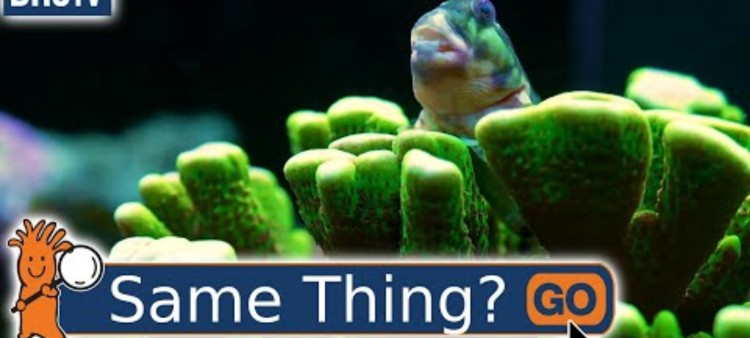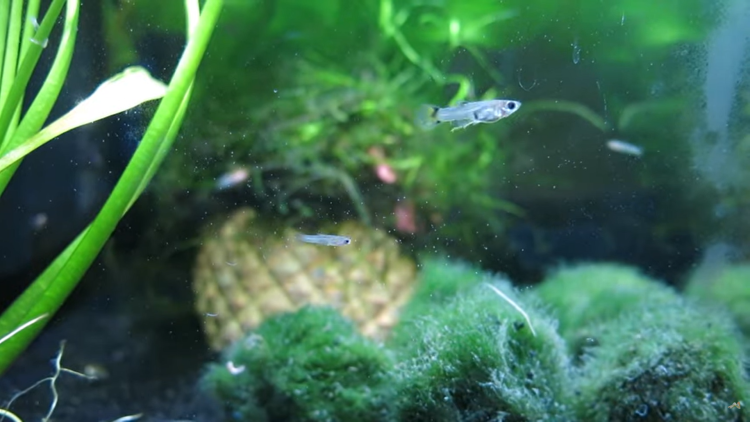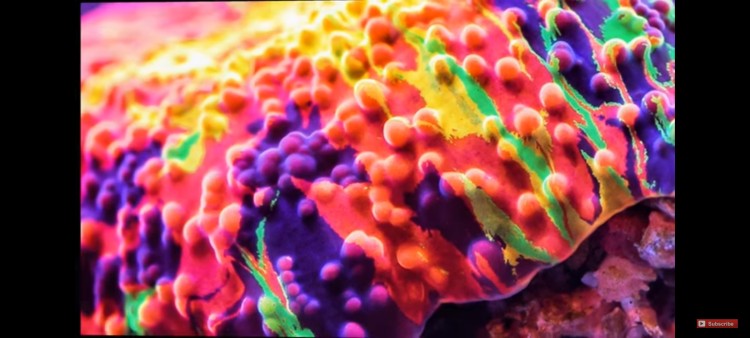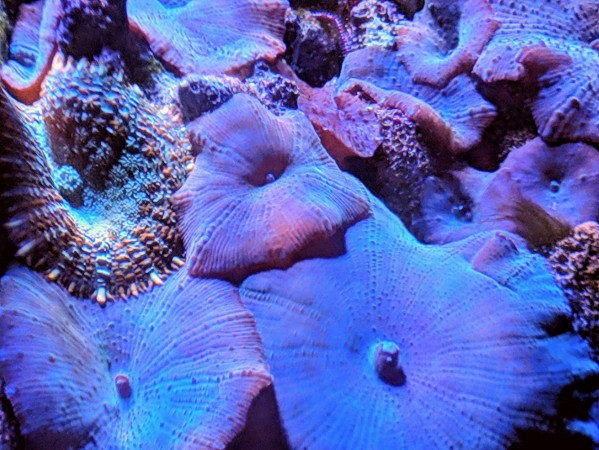What is the Difference Between a Reef Tank and a Saltwater Tank?
- Mar 19, 2022
- Anshika Mishra
- 268 0 0

What is the difference between a reef tank and a saltwater tank? First off, let's define both of those terms just so we are on the same page, and then, we will explore what they are and the difference in setting up and maintaining them.
The terms reef tank refers to a saltwater aquarium that specifically contains living corals and other photosynthetic marine animals of various invertebrates and, of course, fish. Ultimately, it emulates a reef ecosystem.
On the other hand, the term saltwater tank is a catchall and covers all types of saltwater tanks, including reef tanks, fish-only tanks, predator tanks, seahorse tanks, macrology tanks, biotopes, and the list goes on.
So, while saying saltwater tank is fairly ambiguous, most people mostly mean when they say that it is a simple fish-only tank. So, for the rest of this article, we will be referring to when saying saltwater tank.
Saltwater Tank v/s Reef Tank: Similarities
There are a lot of similarities between a simple saltwater tank and a reef tank:
- They both start as a tank and stand
- They both have filtration powered by a pump
- They both have a light, a heater for temperature control, substrate for the bottom.
- Usually, homes rock to create an aquascape or habitat for the fish.
The major factor that sets them apart from a freshwater aquarium is that they both need saltwater mixed up with synthetic marine salt with a tool to measure the salinity.
Saltwater Tank v/s Reef Tank: Differences
On the other hand, a reef tank requires a light designed specifically to grow corals:
- It will often have more filtration to keep the water parameters within the safe range for those corals.
- It will have wave pumps within the tank to add the extra flow that the corals need.
- The substrate and the rock will be natural or made of natural materials
- The aquascape is built up with coral placement in mind.
- The salt mix that's used will often be specific to keeping corals, and you'll want to mix it into RO/DI water and not tap water.
- You will also have a number of added additives to maintain the water chemistry for those corals.
A reef tank really focuses on coral husbandry rather than the fish, including the equipment and the maintenance.
Saltwater Tank and Reef Tank
With the simple saltwater tank, you will need to feed your fish, clean the algae from the glass, do a partial water change once every couple of weeks, replace the filter media, and clean the equipment every month or two.
With a reef tank, you have all of that, plus you are also gonna be feeding your corals, testing a handful of parameters, and dosing additives to maintain them. In addition, you will often have a protein skimmer to empty weekly and other filtration elements like reactors that will need tending to periodically.
If you have an algae outbreak, you will want to rely on snails, crabs, fish, and manual removal to take care of it rather than algae since they tend to be harmful to corals and other inverts.
But that's also what makes a reef tank such an amazing and captivating ecosystem. You get to see these intricate and fascinating relationships between all of these different organisms right in your home.
The Captivating Tanks
Brightly colored fish and fluorescing corals, swimming and swaying in the flow, watching a tank full of small corals grow into a thriving reef, feeding that sense of pride and accomplishment and sharing it with your friend and family.
And yes, you can also have a reef tank that's really simple and easy to care for. Soft coral-dominated tanks are a really great example of just that, and starting with a saltwater tank to get your feet wet and then converting it to a reef tank over time is also a great option.
The best way to get your reefing journey started is by learning the basics to know exactly what size tank, type of filter, lighting, pumps, and other gears to get. And then how to pick the easiest fish and corals to start with so you can be successful the first time.







About author